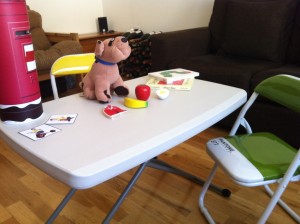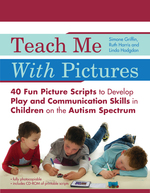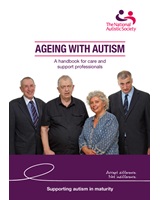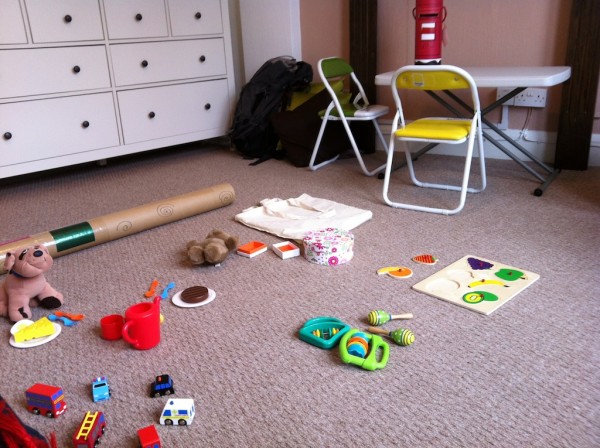
Three months ago I left a job in the NHS and started working for myself, as an independent speech and language therapist. It’s been an adventure. First I found two lovely therapy rooms and got myself kitted out with kiddie sized furniture, toys, assessments and a laminator! Then families began getting in touch and my caseload started to grow.
I’ve been reflecting on how things are going. Two blog posts I read recently feel relevant to my situation.
You Are Not a Large Corporation A manifesto for the self-employed by Paul Jarvis, is a list of things that self-employed people can do with their new freedom. I love it! It includes:
You can let your personal values and ethics guide your work and who you work with.
You can be yourself, even if you think it’s not professional. Being authentic draws others in and can be quite contagious. Your personality is awesome enough to let shine in any and every situation.
He also talks about defining success for yourself, breaking the rules, learning from mistakes, and not having a plan.
The post made me think: I spent 7 years working in the NHS, I became accustomed to the NHS way. I’m constantly asking myself, am I doing it this way because it makes sense or because that’s the way I’ve always done it? I’m grateful that I can work in a way that reflects my values rather than having to follow rigid protocol. I’m thrilled by the progress my little clients are making, now I’m able to tailor therapy to their needs.
What about being myself, being genuine, letting my personality out? Nobody told me that I couldn’t do that in the NHS. Perhaps I didn’t have time, or keeping part of myself back was a coping strategy for an overwhelming job. But clients value seeing our personalities. I read this post (follow Dana’s blog, she talks a lot of sense.) It’s a lovely letter from a mother to her daughter’s therapists, she finishes by thanking the therapists for loving Maya:
The therapists loved Maya, despite the fact that they weren’t obligated to do so, and that expression of love gave me the hope and belief that others would see how amazing she is and love her, too.
I’m thrilled that my new role allows me to really get to know the children and their families. We see each other every week and are building relationships. I’m worrying less about being professional and instead I’m focussing on being genuine, because that’s how we connect with and learn from each other.
It’s not all roses and children magically putting two words together. When things go wrong I’m trying to practise mindfulness, remember not to dwell, and move on. Sometimes I find I’m questioning everything, including my skills and sanity! I’m new to this running a business malarkey, it can be tough.
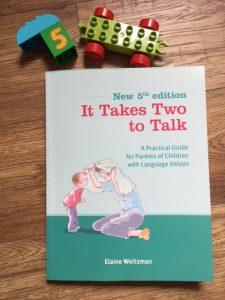


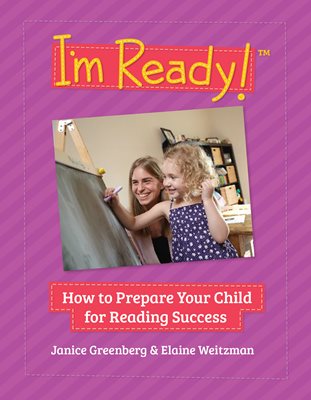
 This is the first time I’ve blogged since I had a baby 8 weeks ago. I’m delighted to be sharing my life with this tiny person, although he sure does change the landscape of my days. Spare moments are scarce, when I find them, I hop into bed for a nap!
This is the first time I’ve blogged since I had a baby 8 weeks ago. I’m delighted to be sharing my life with this tiny person, although he sure does change the landscape of my days. Spare moments are scarce, when I find them, I hop into bed for a nap! When I started my independent practice I needed the equipment to make visual resources (picture cards for speech sound work, verb pictures for posting and fishing, and colouring sheets to target comprehension.) I researched the symbol writing software I’d used in the NHS; I found it wouldn’t work on my Apple iMac and it cost £100. It was time to look at the alternatives.
When I started my independent practice I needed the equipment to make visual resources (picture cards for speech sound work, verb pictures for posting and fishing, and colouring sheets to target comprehension.) I researched the symbol writing software I’d used in the NHS; I found it wouldn’t work on my Apple iMac and it cost £100. It was time to look at the alternatives. 